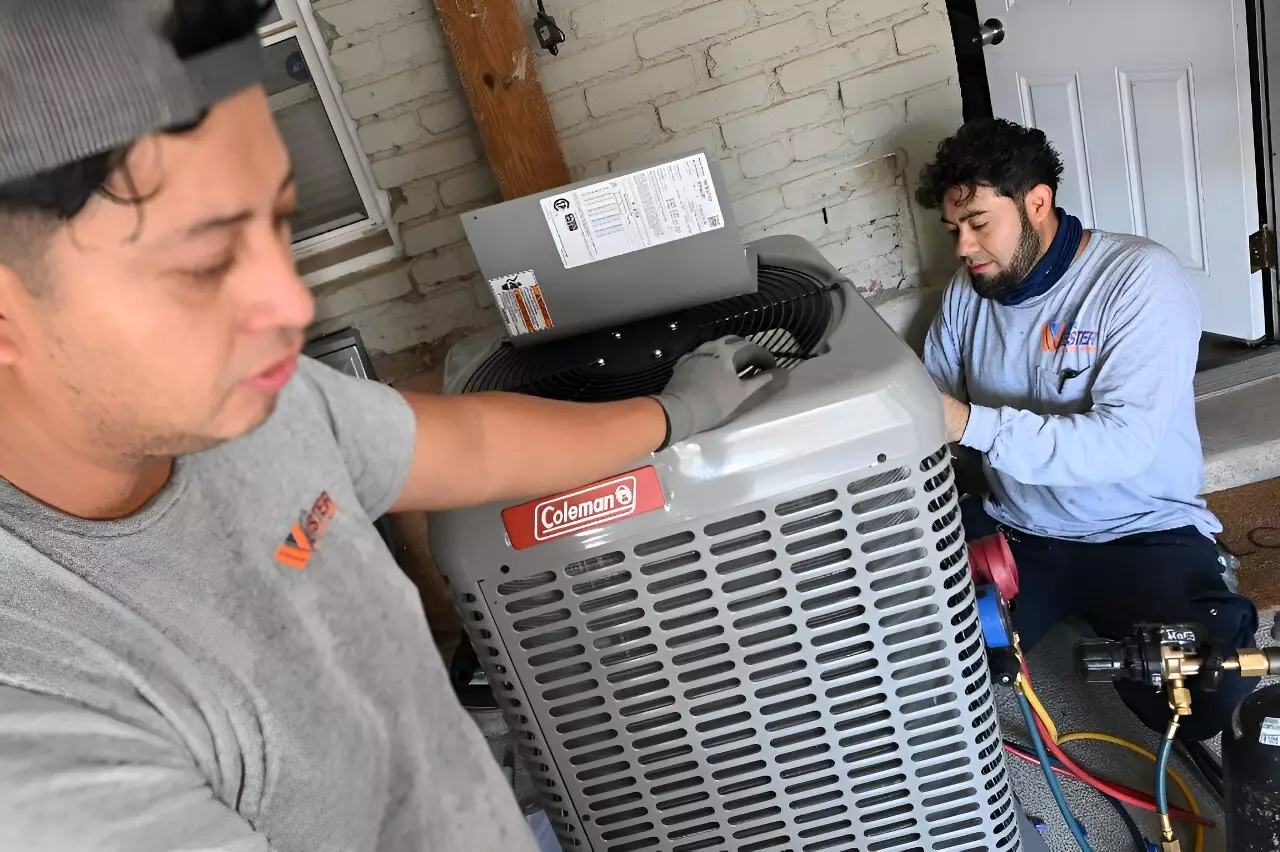As contractors work diligently to install heat pumps in homes across the United States, it is important to understand the significance of this technology in the push towards greater home electrification. Heat pumps, often overshadowed by electric cars and solar panels, are essential systems that combine heating and cooling capabilities, making them energy-efficient appliances for residential use.
Despite being common in Asia and Europe, the adoption of heat pumps in the United States has been slow. Many homeowners, like Su Balasubramanian, are unaware of the benefits of heat pumps until they are informed through programs like the Affordable Home Electrification initiative. This lack of awareness highlights the need for more education and incentives to promote the utilization of heat pumps.
In an effort to accelerate the adoption of heat pumps, the Inflation Reduction Act provides tax credits and rebates for homeowners who install these systems. With additional state incentives available, like the Washington Affordable Home Electrification program, more households are able to afford comprehensive electrification projects. These financial support systems are crucial in making heat pumps accessible to a wider range of homeowners.
While the upfront costs of heat pump installations can be significant, they are often more cost-effective in the long run compared to traditional gas furnaces or hot water heaters. According to a report in the scientific journal Joule, heat pump air systems can be economically viable for a majority of households in the United States. This affordability, coupled with the environmental benefits, makes heat pumps an attractive option for climate-conscious homeowners.
Despite the growing interest in electrification, there is still a considerable amount of work to be done in raising awareness about heat pumps and their benefits. Programs like the DC Sustainable Energy Utility initiative target specific demographics, like seniors on fixed incomes, to promote the transition to electrified appliances. Educating homeowners about the advantages of heat pumps and the impact on reducing greenhouse gas emissions is essential for widespread adoption.
Full adoption of heat pump air systems in the United States has the potential to significantly reduce national greenhouse gas emissions by five to nine percent. This reduction, as outlined in the Joule report, underscores the importance of transitioning to more energy-efficient technologies like heat pumps. With the continued growth of heat pump sales and installations, there is a tangible opportunity to make a substantial impact on combating climate change.
As more homeowners like Deane Coady choose to electrify their homes for environmental reasons, the future of residential heating and cooling is shifting towards heat pump technology. While states like South Carolina lead in heat pump penetration, there is still progress to be made in states with lower adoption rates. With informed contractors and ongoing training initiatives supported by the IRA, the pathway to a more sustainable and electrified future for homes in the United States is becoming clearer.
Heat pumps represent a critical component of the transition to greater home electrification in the United States. By leveraging government incentives, raising awareness, and promoting the financial viability of these systems, more homeowners are able to make the switch to energy-efficient heating and cooling solutions. As the momentum towards electrification continues to grow, the impact on reducing greenhouse gas emissions and combating climate change will be significant. The future of home electrification through heat pumps is one that holds promise for a more sustainable and environmentally conscious society.


Leave a Reply